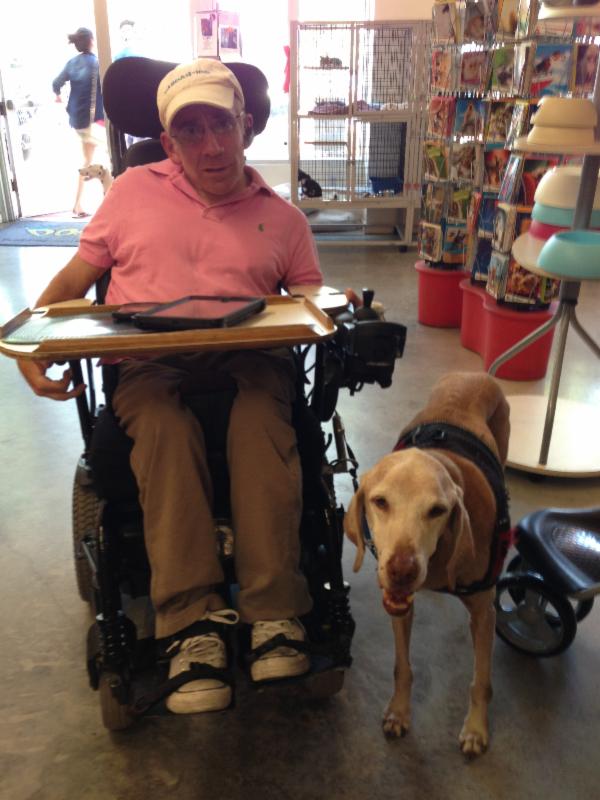The Disability of Relativity – By Chris Stein
I’m often asked what it’s like to be disabled. At first, what appeared to be a very complex question is actually quite simple. Asking me what it’s like to live in a chair is no different than asking me what it’s like to live period. It’s easy; it’s difficult. It’s happy; it’s sad. It’s loving; it’s hateful. Being in a chair does not preclude me from the same quality of life of those who are not.
A disability is not unto itself. For example, I’m not disabled only because I can’t walk. Rather, I’m disabled because I can’t walk in a walking world. Therefore, is it not better to say that a disability is one’s ability in relation to the world around them? Imagine a world where everybody is born with wings and only a handful are born without. How different would the world look if the majority could fly hundreds of feet in the air and up to a hundred miles per hour, and a minority could not? The differences would be unfathomable. There would be no steps and certainly no elevators. However, those born without wings could walk, talk, and think equally to those born with wings. Would these people be disabled and appear different to the world around them? Please understand it is not my intent to blame my challenges on the world around me; rather, it is to the contrary.
During segregation, African Americans were not limited by their potential. Rather, they were limited by their environment. It wasn’t until the civil rights movement when laws started to change. These laws opened doors to equal opportunities. In turn, equal opportunity led to equality. Therefore, a disability is not only defined by one’s ability in relation to one’s environment. It’s defined by one’s reaction to it. Without advocacy for change African Americans would continue to be disabled by segregation. Hence, we can really say that they are less disabled now then before civil rights.
Based on this, we can then broaden the scope of how disability is defined. It is not necessarily physical; it’s not always mental; it’s almost never static; and it’s certainly not always obvious. However, it’s pretty safe to surmise that it’s always connected to the way we’re viewed by everyone around us. We live in a very dynamic world. Ideas and opinions are always changing. Some we can change some we cannot. Therefore, it’s not one’s ability or disability that defines quality of life. Quality of life is really defined by how one chooses to live.














